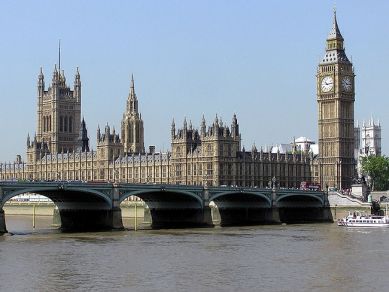UK Should Not Relax Law Relevant to Assisted Suicide, Says Church of England Advisor

The UK parliament should not make changes to legislation relevant assisted suicide or euthanasia, a top advisor on medical ethics to the Church of England said on Thursday in the wake of a High Court ruling last month that denied the request of a prominent advocate for the practice.
"[A]ny relaxation of the law is likely to have unintended negative consequences for society's appreciation of the intrinsic value of human life," wrote on Thursday the Rev. Dr. Brendan McCarthy, the church's national adviser on medical ethics and social care in the publication Religious Intelligence.
Rev. McCarthy was responding to a recent judgment by the High Court in the Tony Nicklinson case. The court called Nicklinson's case "deeply moving" but said "a major change in the law" was a matter for parliament, and not the court, to decide.
Nicklinson, 58, a former rugby player who suffered a stroke in 2005 and had been unable to move on his own from the neck down for the past seven years, had called rules to be enacted that would allow for "government-assisted dying."
In the case, Nicklinson said in an editorial he sought "an amendment to the murder law to make it lawful in certain circumstances for one person to take another's life (euthanasia).
Prior to the court case, Nicklinson took his case to the public in the form of media appearances. He died nearly a week after the court decision after contracting pneumonia and refusing food, his solicitor said.
Rev. McCarthy said the ruling had "understandably, been overshadowed by his unexpected death." He said he empathized with Nicklinson's family in their loss but said it was important to recognize the ruling's significance.
Rev. McCarthy argued that a change in the law "will place vulnerable people at greater risk than at present," noting than in England, more than 300,000 elderly people are abused each year, often at the hands of close relatives.
He also added that assisted suicide and euthanasia "do not permit any change of mind."
"Many people with failed suicide attempts are now grateful that they were able to rebuild their lives," he wrote. "With assisted suicide and euthanasia there are simply no second chances.
The Reverend said representatives of faith communities "have the same rights and responsibilities as others in expressing their opinions as long as those representatives argue on the basis of principles accessible to all, and not just those who share their theological beliefs.
He said those "universally accessible principles" are: affirmation of life, care of the vulnerable, construction of a just society and respect for individuals.